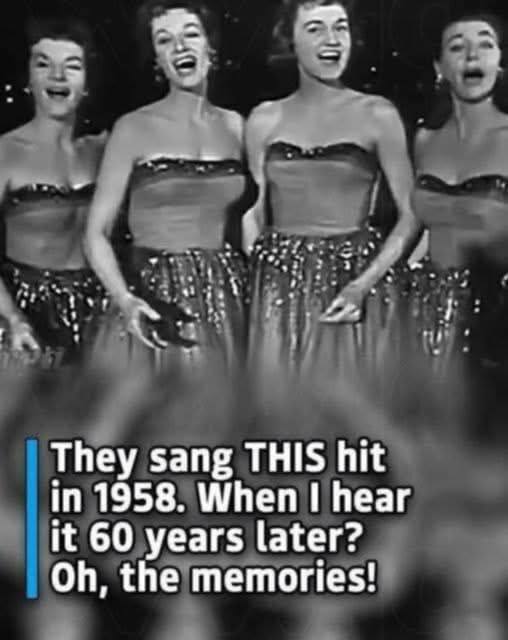When my mother-in-law passed away, I felt an emotion I didn’t expect—relief. She had never liked me, not once offering a kind word or gesture. At her memorial, my husband handed me a small box and said, “She wanted you to have this today.”
Inside was a delicate silver necklace with a teardrop-shaped sapphire pendant. I stared at it, confused. “Are you sure this is for me?”
He nodded. “She was clear. Said you should open it alone.”
That word—alone—stuck with me. Later that night, when the house was quiet, I studied the necklace more closely. On the back were faintly etched initials: L.T. My initials.
Curious, I searched the box again and found a folded note in her sharp, unmistakable handwriting.
“If you’re reading this, I’m gone. And if you’re reading it, that means I finally found the courage I never had. I judged you unfairly. I need to tell you why.”
I froze. She was never the type to admit fault.
“I hated you, not for who you were, but for what you reminded me of. I saw myself in you—young, ambitious, outspoken. I once was like that. Then I gave it all up for marriage, for appearances, for people who never said thank you. When you married my son, I feared he’d ruin you the way his father ruined me.”
Tears stung my eyes. She had resented me because I mirrored the person she used to be.
“The necklace was mine once. A gift from Lucas, the man I loved before I married. The L was for him. I added the T later—for the daughter I never had. I wanted a girl I could raise to be strong. I never had her… but in a strange way, I see her in you.”
That was the end. No signature. No goodbye. Just truth.
The next morning, I wore the necklace. My husband noticed but didn’t ask about the letter. And I didn’t offer. Not yet.
Weeks later, her lawyer called about the will. Beyond the house and a few savings, she’d left a special clause for me. An envelope with a key. The lawyer said, “She wrote, ‘She’ll know what it’s for.’”
And I did.
Years earlier, I’d noticed a small locked attic door in her house. She’d told me it was “off limits.” Now, with shaking hands, I opened it. Inside was a cedar-scented trunk filled with journals—decades of her private thoughts.
Page after page revealed a woman I never knew. Dreams of painting. Regrets about love. The loneliness of giving everything up. One photo showed a watercolor painting of a woman alone in a garden. On the back: Me, before I disappeared.
I wept.
Inspired, I submitted that image as a painting to a small local show under a pen name. It was accepted—and people loved it. Soon, her art was displayed in a gallery, touching strangers who saw themselves in her brushstrokes.
Months later, another letter arrived. A safety deposit box key—only for me. Inside was a check for $40,000 and a note:
“If you ever decide to chase your dream, this is my way of helping. Don’t tell my son. He wouldn’t understand. But you… you will.”
I used it to open a gallery downtown—dedicated to overlooked artists, especially women who never had their voices heard. I named it The Teardrop, after her necklace, after her story.
It became a sanctuary. Women shared their hidden art, their lost dreams, their pain. In them, I saw her. In them, I saw myself.
She hadn’t hated me. She had hated the life that silenced her. I was her mirror, and she couldn’t bear it—until the end, when she chose to let me carry her legacy forward.
Now, three years later, I still wear her necklace. Her journals rest safely in the gallery’s archive, open to anyone who wants to know the woman behind the pain—and the art.
My husband visited once. He stood in front of her garden painting, whispering, “I never knew she felt this way.” Neither did I. But now the world does.
Sometimes apologies don’t come in words. Sometimes they come in what’s left behind.
So if you’ve ever felt unwanted, misunderstood, or unfairly judged, remember this: harshness often hides fragile stories. And sometimes, the people who hurt us the most leave us the greatest gifts of healing.
















